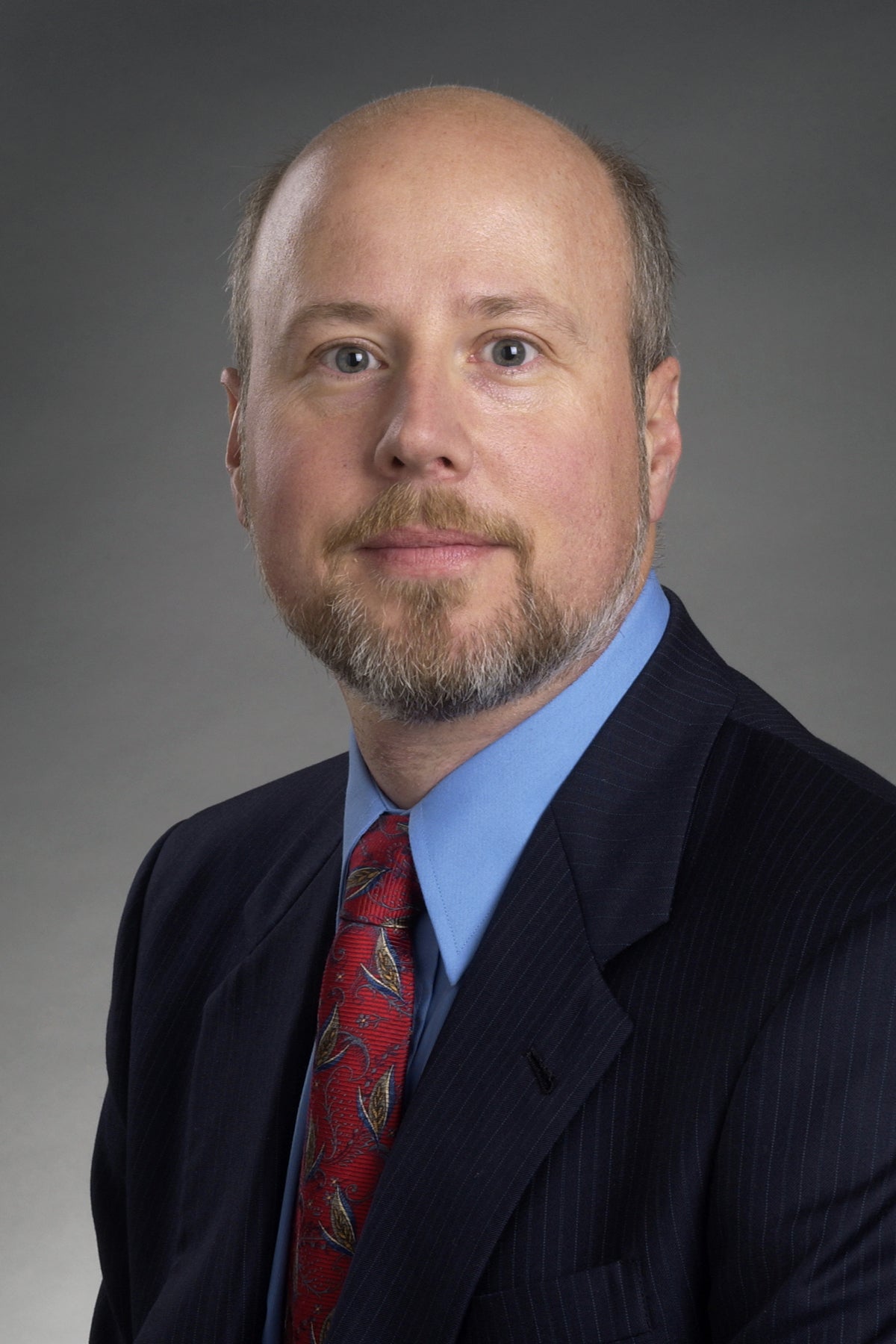
Today’s electronics, from cell phones to medical instrumentation, require a fairly moderate environment in order to operate at an optimal level. Subject a semiconductor device to an extreme environment (e.g. temperatures above 300° F) such as may be found on an engine, in a power generation facility or in space, and device performance tends to degrade significantly. These same devices also perform poorly in high radiation environments and require radiation “hardening” for survival in space applications.
One possible solution to protect electronics against harsh environments may be vacuum electron transistors, which can operate at very high temperatures and under extreme levels of radiation. A team of researchers led by professor Tayo Akinwande from the Massachusetts Institute of Technology and including Boise State’s Jim Browning, an associate professor and chair of the Department of Electrical and Computer Engineering, is studying the potential use of vacuum transistors in such environments.
The Air Force Office of Scientific Research recently funded the team’s research, providing $7.5 million over five years.
“Our efforts will study the use of microfabrication techniques currently used in the semiconductor industry,” said Browning. “We expect to be able to create miniature vacuum transistors that can be integrated to form logic and analog circuits similar to those used in semiconductor devices.”
The team’s ultimate goal is to advance vacuum electronic transistors technology, which could be used to deploy better monitoring in power generation facilities, safer satellites and other public safety improvements. Browning is pursuing the characterization, reliability and degradation research for the project. The program is a Multidisciplinary University Research Initiative sponsored by the Air Force Office of Scientific Research.
Akinwande’s team also includes Karl Berggren, Tomas Palacios and Luca Daniels from MIT; John Cary from the University of Colorado; and Bruce Gnade from Southern Methodist University.
– By Jenn Ambrose